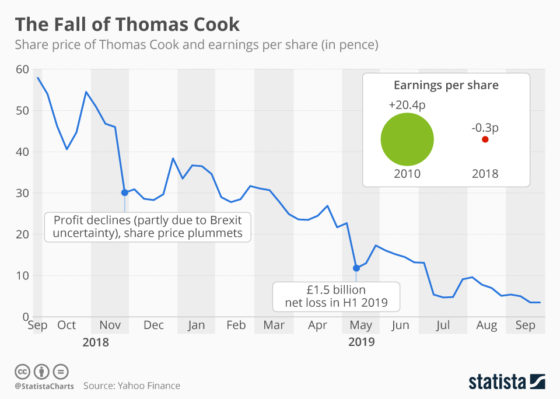LGBTQ+ travelers can face unique challenges when traveling abroad—many countries do not legally recognize same-sex marriage and more than 70 countries consider consensual LGBTQ+ relationships a crime. If an employee travels on business to a country where their sexual orientation or expression of gender identity is criminalized, an extra layer of complexity is added to duty of care responsibilities. Corporate risk managers need to consider how to best protect employees in a way that doesn’t make them feel singled out, working with them to stay safe and respect local laws without compromising their own values.
This process begins by providing up-to-date guidance on laws and cultural variations as part of an organization’s duty of care. Attitudes towards the LGBTQ+ community vary considerably around the world, and employers therefore need to shape their duty of care policies around a wide range of considerations, both legal and cultural.
Understand the Law
Risk managers need to ensure they have relevant and up-to-date information at hand to fully understand the traveler’s destination. There are nuances within each country’s legislation, and acceptance can vary dramatically even within different regions of the same country, also evolving over time. Employees need to be informed of the laws to which they will be subject at their destination before they travel. Duty of care procedures should incorporate pre-travel advice and awareness, educating employees on what to expect when on business travel as well as how to respond and whom to contact in an emergency.
Legislation may impact an employee’s behavior in a given destination and travel managers can provide advice on best practices. In the United Arab Emirates for example, transgender, gay and gender nonconforming people have been arrested for violating a law against men “disguised” as women. To the extent possible, it is best for travelers in these countries to remain in resort areas and for same-sex couples to refrain from holding hands, hugging or kissing in public.
Understand the Culture
In addition to local laws, social norms are another factor to consider for deciding whether a destination is safe. While many countries officially recognize homosexuality and allow gender confirmation measures, some communities within these “safe” countries still harbor prejudice against the LGBTQ+ community. In such environments, LGBTQ+ travelers who engage in open displays of affection with each other or appear gender nonconforming may be at risk of harassment and assault, and may also feel intimidated when reporting the incident to local police. There may be few or no local venues that provide a safe space for members of the LGBTQ+ community and the risk of hate crimes and police raids at such establishments cannot be ruled out. Travelers are advised to maintain a low profile in countries that lack full protection for the LGBTQ+ community and exercise caution about where and with whom to discuss related topics in public spaces.
Social media can also put travelers at risk. For example, while dating apps can help people connect with local members of the LGBTQ+ community when traveling or relocating for work, employees should be advised to exercise caution if they plan to use these in communities that are not LGBTQ-friendly. In Russia, where prejudice is widespread and a law against “gay propaganda” has been in effect since 2013, far-right activists and gang members have used dating apps to lure gay men to assault and extort them. Prior to travel, risk managers should advise employees to review privacy settings on social media platforms and reconsider the use of dating applications while abroad.
With some countries still refusing to accept—let alone recognize—the LGBTQ+ community, LGBTQ+ employees often feel compelled to take additional precautions that others would not have to even consider. However, corporate risk managers can help employees to stay safe while on business travel by being aware of the local laws and social norms of the destination before departure.
For other guidance on how to support LGBTQ+ employees and advance diversity, equity and inclusion programs, check out these additional pieces from Risk Management Magazine and the Risk Management Monitor:
Beyond Pride: Building Strong Diversity and Inclusion Programs
The LGBT Travel Risk Dilemma
The Benefits of Diversity & Inclusion Initiatives
Engaging Employees in Their Own Duty of Care
Developing a Strategy for Transgender Workers
The Case for Effective DE&I Training

